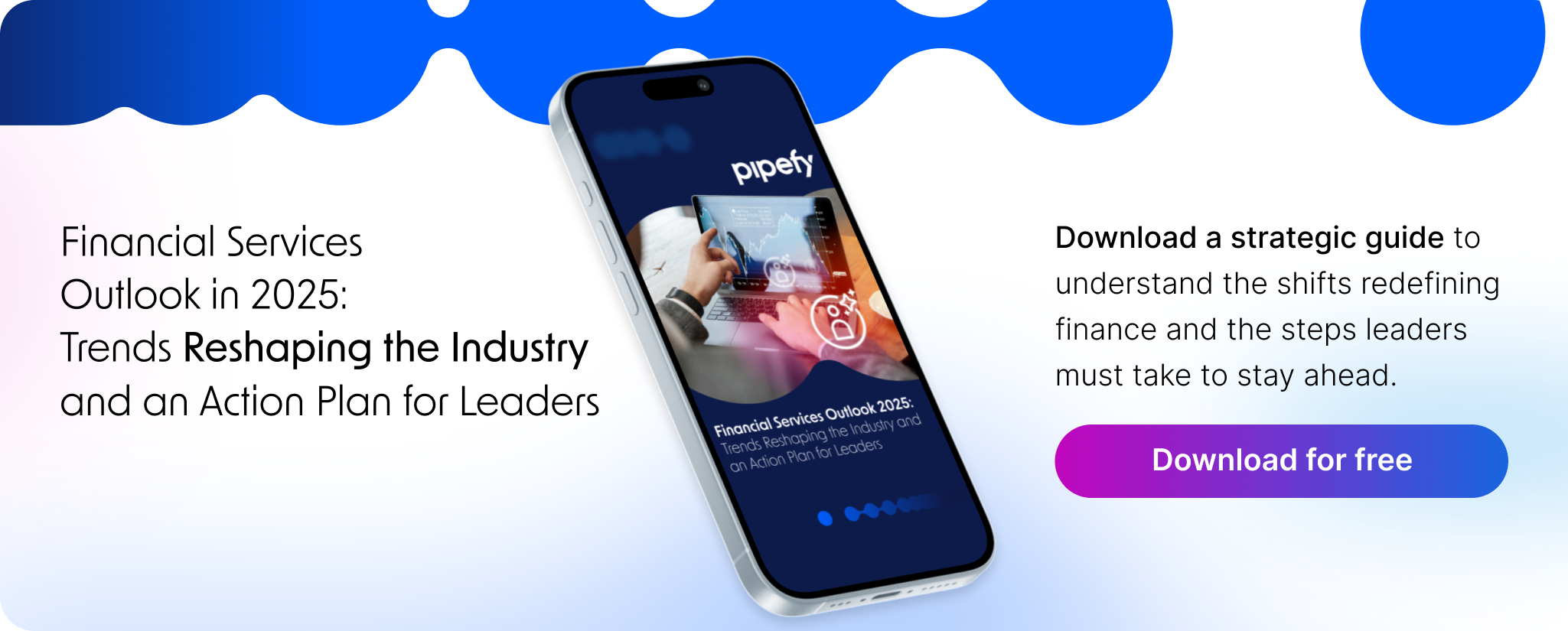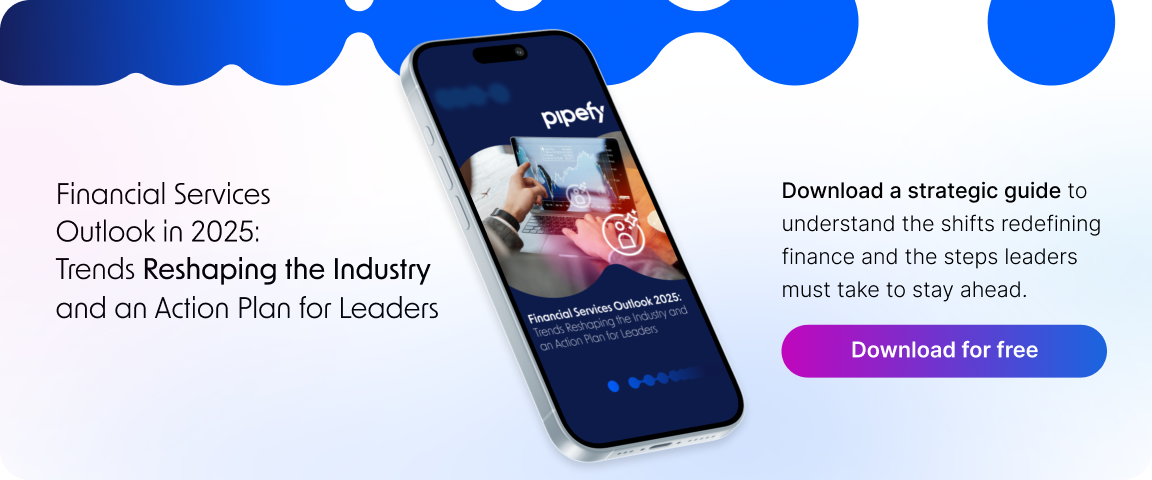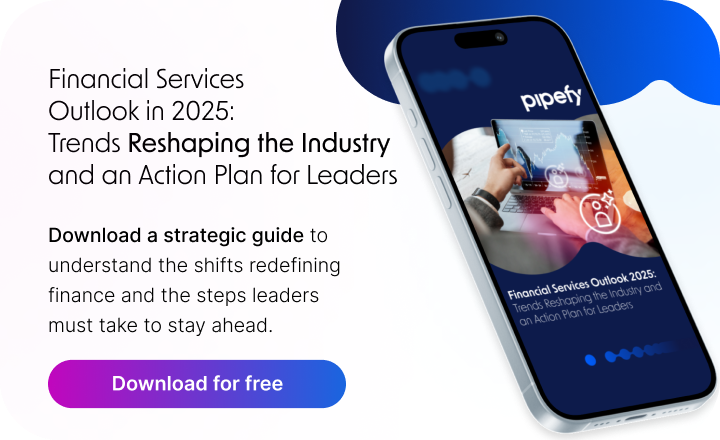
Procurement has a direct impact on a company’s financial health. From reducing waste and containing costs to mitigating risks such as procurement fraud and inflated expenses, procurement’s insights and expertise can help businesses navigate some of their most pressing challenges.
To do this, procurement teams require visibility into their data, control over their processes, and a seat at the business strategy table.
Procurement’s increasingly important role in business success
Procurement’s role has evolved over the last 100 years and especially within the last four years — and so has their typical area of focus and influence on business decisions. In a Raconteur survey of 1,100 senior decision-makers in UK businesses, it was revealed that business decisions now involve a diversity of job functions, with many wielding influence over decisions far beyond their deemed core areas of expertise.
For procurement, this means CPOs are stepping up as technology leaders within companies and informing areas of focus such as technology implementation. This change suggests that businesses today are more complex which, in turn, requires more precision and broader vision in the decision-making process. This means bringing the right people — including procurement — to the strategy table.
Why procurement’s seat at the strategy table is more important than ever
The value procurement teams offer is no longer limited to meeting short-term and transactional needs as fast as possible (although this is still a critical function). Today, quick fixes are being eclipsed by strategic agility that seeks to drive long-term business value and innovation.
Procurement has the potential to improve processes that impact company finances and fortify companies against emerging threats, which is why including procurement in key business conversations is necessary for generating value, making better decisions, and establishing alignment between business goals, strategies, and execution.
Procurement and technology
While cost savings is still top of mind for procurement teams, investments in technology — like process automation — and technology implementation are new and necessary areas of focus that create value beyond their own department.
Consider data integrity and process reliability. Procurement can’t be a strategic partner without access to essential data and consistent processes. To ensure these needs are met, procurement teams need the right tools.
In a recent survey of business and IT leaders, 55% of C-suite executives responded that “improved agility” was a primary benefit they expected from process automation software. Among those executives in finance, the percentage rose to 67%.
In the same survey, more than two-thirds (67%) of business leaders in finance departments sought out process automation because of its potential for increasing efficiency. The same percentage cited process automation’s capacity to reduce errors as a main driver behind their adoption these types of tools.
Less vulnerable to risks
In a recent Deloitte study, 43% of CPOs cited a significant increase in overall procurement risk, an increase from 20% in 2021. Following the pandemic, organizational shifts to remote work opened the door to new vulnerabilities.
Fifty-one percent of all companies surveyed for the PwC 2022 Global Economic and Fraud Survey say they experienced fraud in the past two years, the highest level in PwC’s 20 years of research. For companies with annual revenue over $10 billion, 18% reported losses of more than $50 million. For companies with less than $100 million in revenue, 22% reported losses of at least $1 million.
Cybercrime ranked as the most common and disruptive fraud experienced, followed by customer fraud and asset misappropriation. Emerging threats like procurement fraud, supply chain fraud, and accounting/financial statement fraud have also increased since 2020.
By working more closely with procurement teams, businesses can connect disparate systems, implement more stringent fraud controls, and identify potential risks sooner.
Maximizing business spend
Procurement is an essential source of data that helps businesses make better decisions. Insights from procurement teams can help companies stay informed and agile, ready to respond to changes in the supply chain, economy, and internal requirements.
Process automation tools and artificial intelligence make it easier and faster for procurement teams to access and share vital information. For example, think of the insights procurement teams have into budgets, supply chains, and vendor performance. Since procurement teams have a central vantage point into this depth of information, it makes sense for this department to have a voice in conversations about business spend.
End-to-end operational efficiency
Companies want to be more efficient and that begins by making processes more transparent, integrated, and automated.
But for many, processes and communication remain siloed and disjointed. One common culprit: inefficient legacy systems and fragmented workflows. All of this results in delays, errors, lags in communication, poor business results, and frayed relationships between departments, requesters, and suppliers. These issues combined create a recipe for end-to-end operational inefficiency.
Seamless coordination between procurement and other business areas reduces process complexity, expands employee bandwidth, and eliminates the need to chase after missing or incomplete information. As a result, efficiency increases across the organization.
Procurement: orchestrators of value
It’s tempting to think of procurement’s value in terms of traditional KPIs such as savings and lead time, but there’s no doubt that this department plays a critical role in overall operational efficiency.
Insights and data from the procurement team can play a decisive role in strategy, from determining which suppliers to use, calibrating spend, or assessing risks. Procurement can help the business identify and exploit new opportunities and avoid unnecessary risks and wasteful spending.
Agility. Profitability. Resilience. These are the real outcomes and value that procurement’s strategic involvement and influence offers.
When business leaders see procurement as a source of strategic influence rather than a spend management center, the resulting end-to-end experiences are better, the business value generated is greater, and decisions are made with a more data-driven approach that is necessary for operating in a post-pandemic landscape and beyond.










